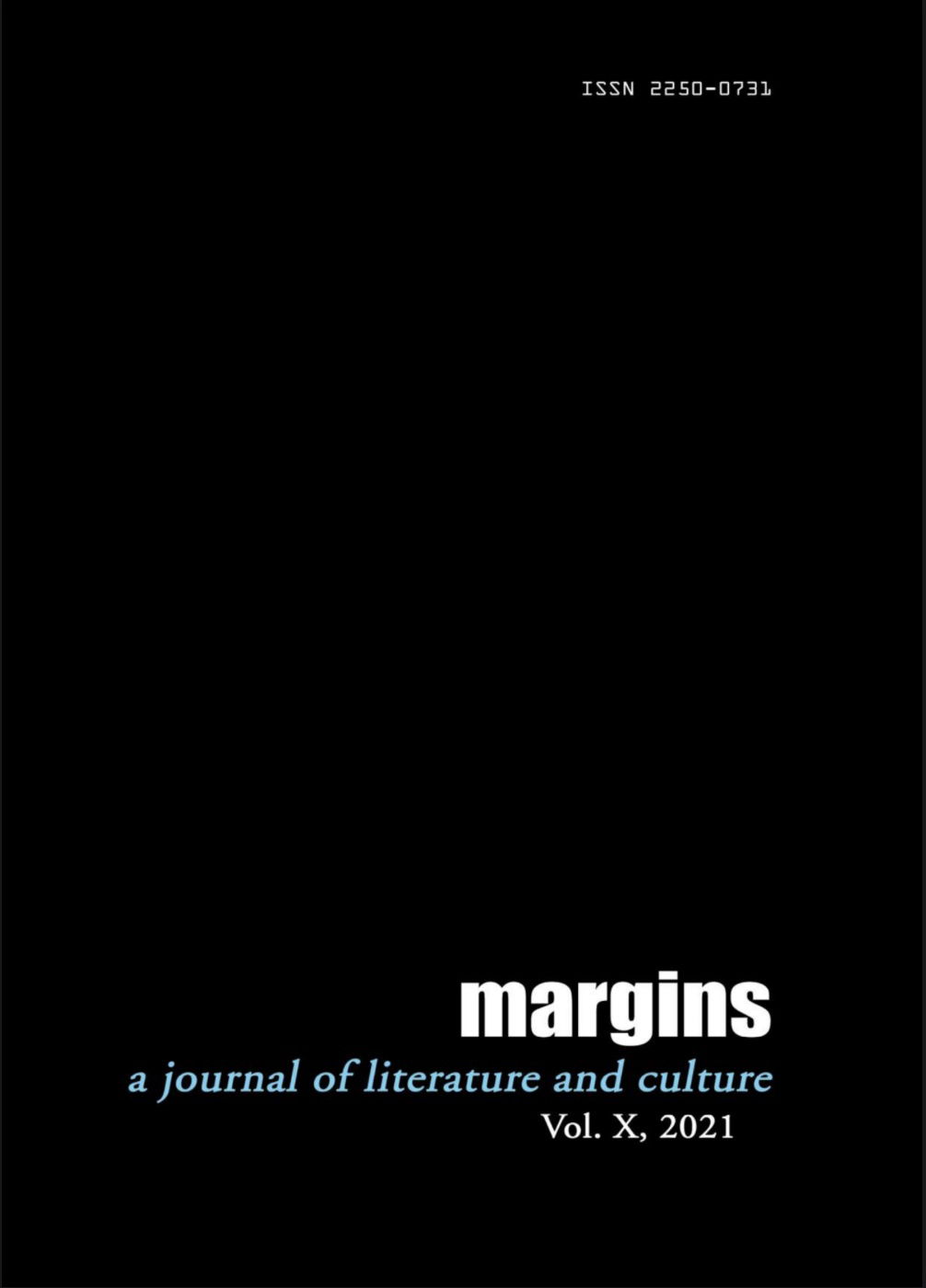The Kingdom of Stars: Technology and Migration in Mohsin Hamid’s Exit West.

Margins: A Journal of Literature and Culture, vol. X, pp. 83-101
Mohsin Hamid’s Exit Westfictionalizes the impact that the internet has on the movement of refugees on the planet today. Through the trope of “mysterious doors,” Hamid literalizes the alien spaces that the internet has made accessible for people from war-torn parts of the world – places where the twentieth-century implant of western democracy is giving way to new regimes of power, thereby creating swathes of refugees who are closer to the western world in their thinking than the places of their domicile. In this paper, I argue that Hamid’s insistence that “everybody is a migrant in time,” is an exigent starting point for a discussion on human migration and the refugee crisis. I support this claim by reading Thierry Cohen’s digitally displaced photographs, which is a central trope in this novel, through the Kantian notion of reflective judgement. Moreover, I show how an understanding of migration as a universal condition, as it surfaces in Hamid’s fiction, corrects the assumptions that Slavoj Žižek and Martha Nussbaum make about Refugee movement and cosmopolitan education respectively.